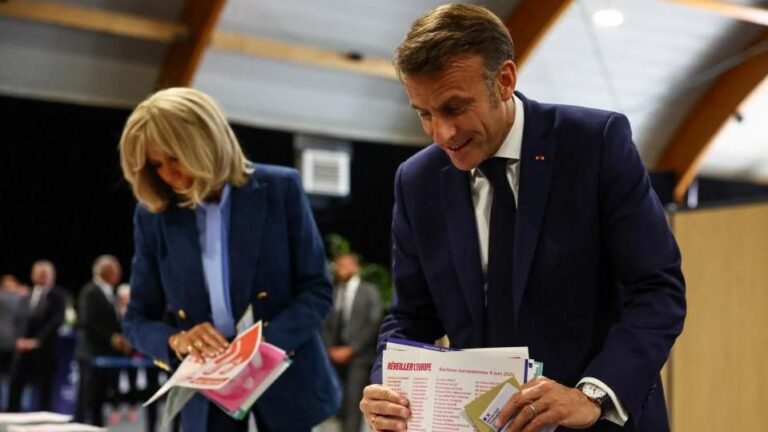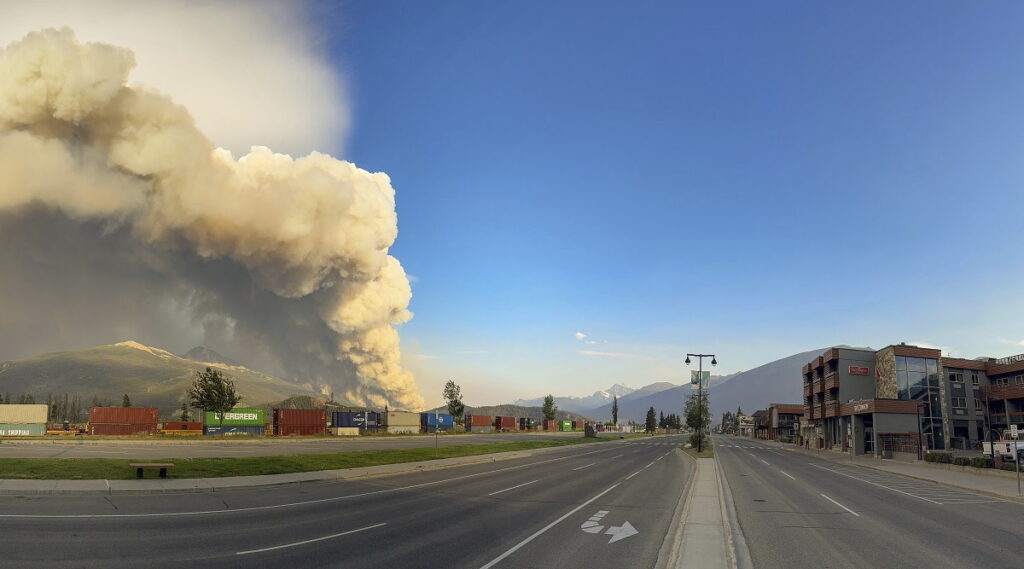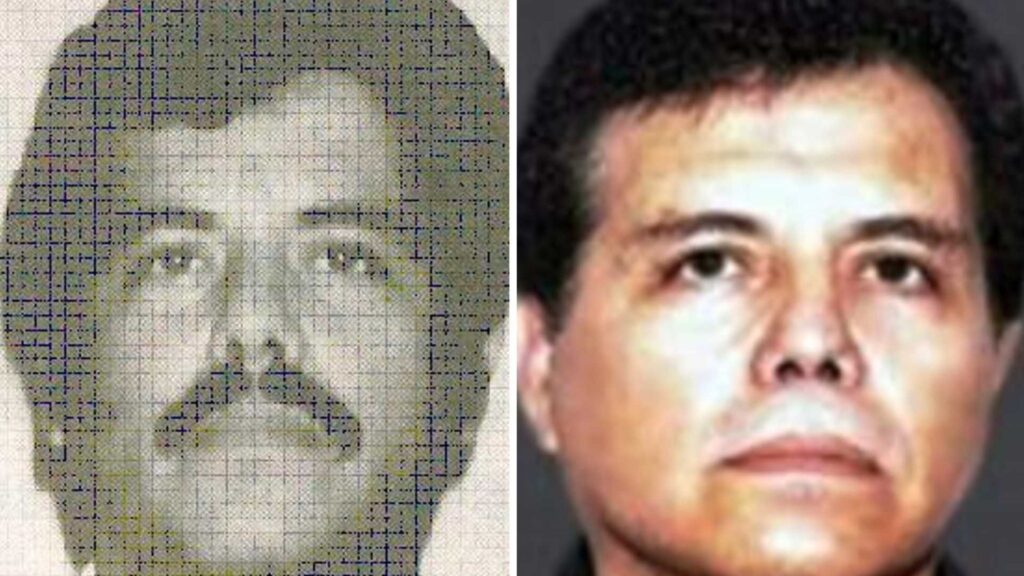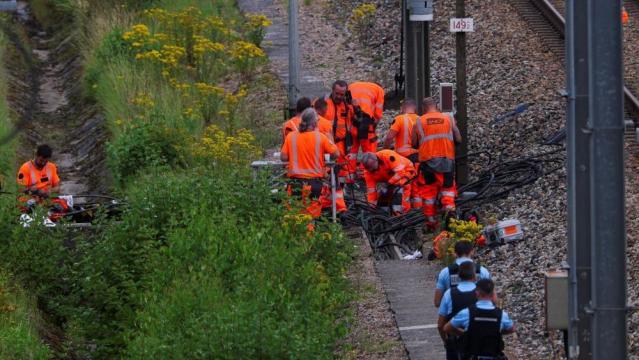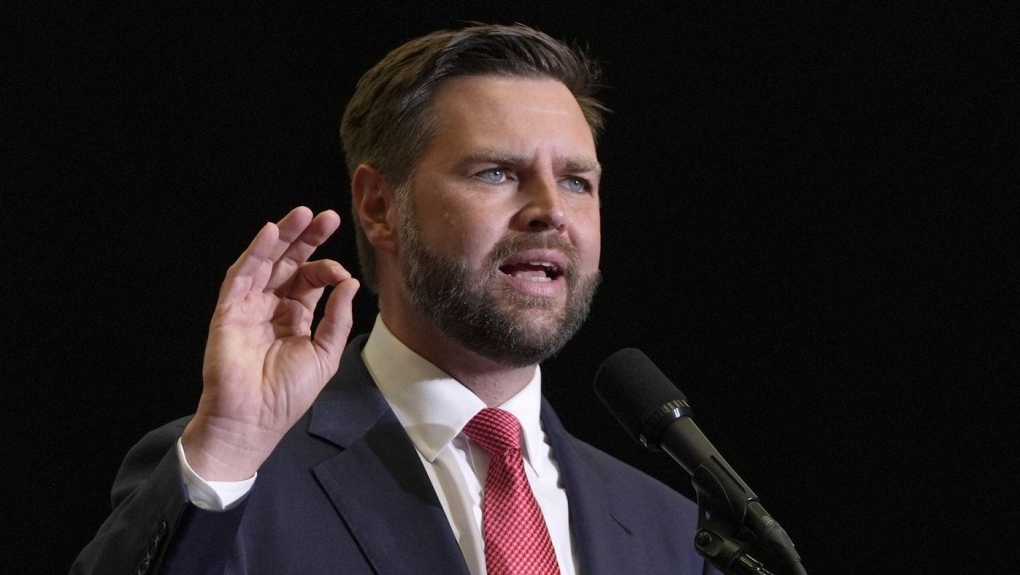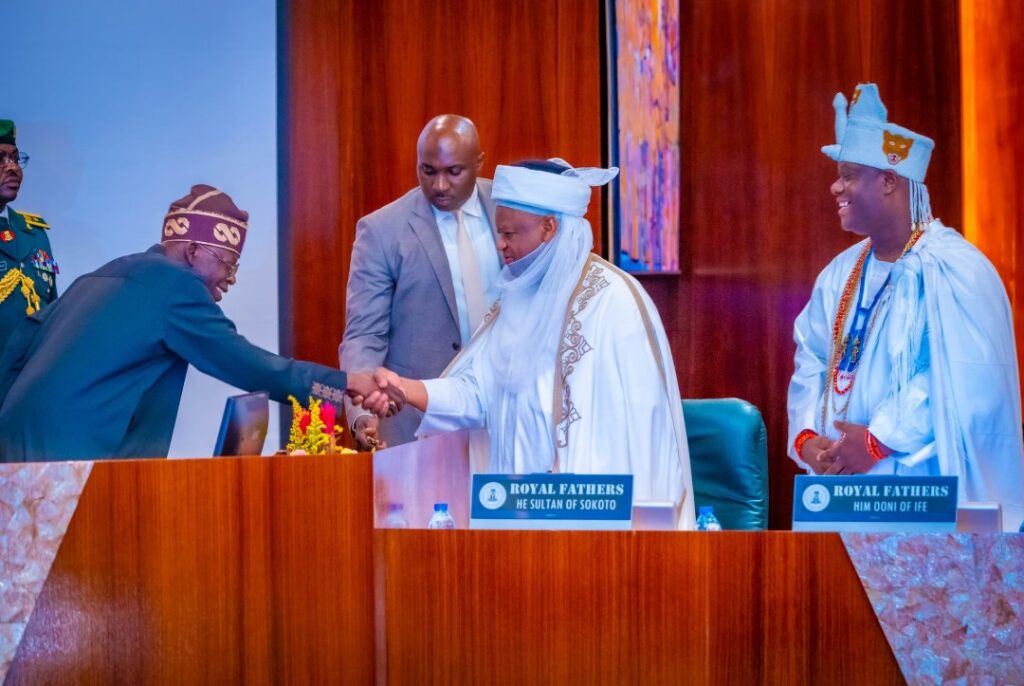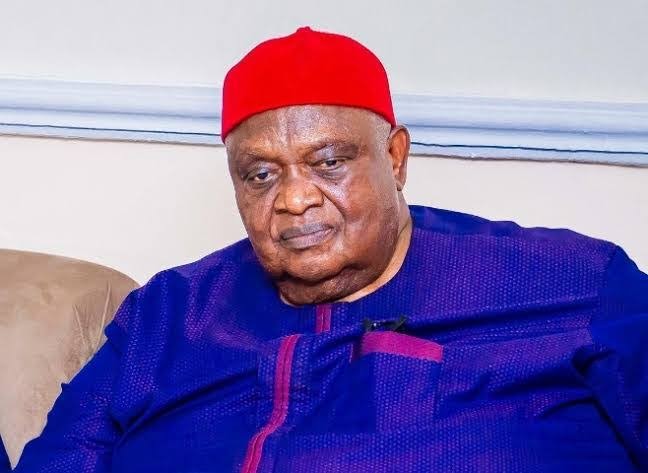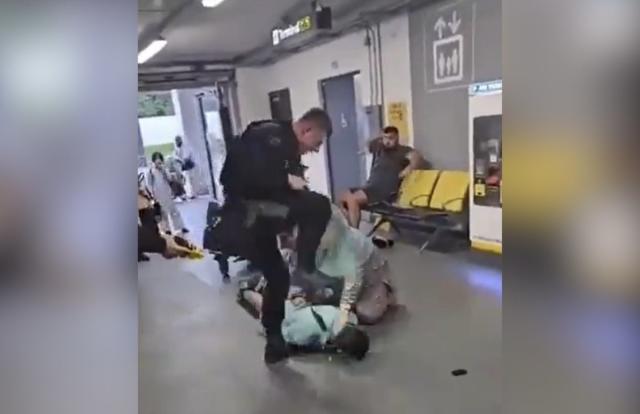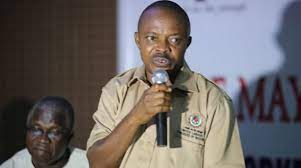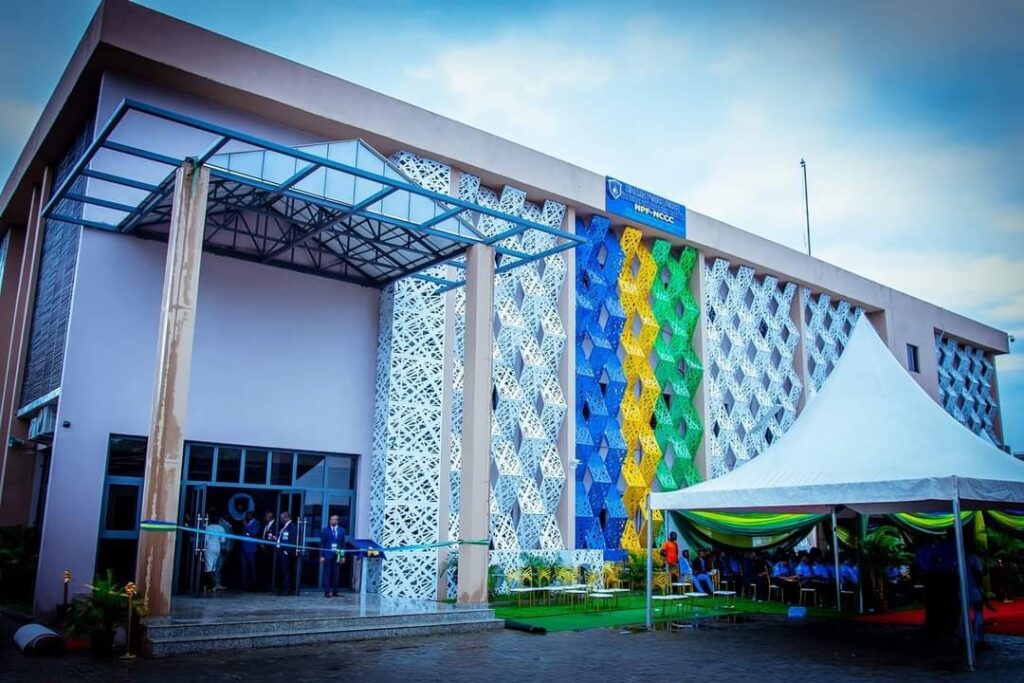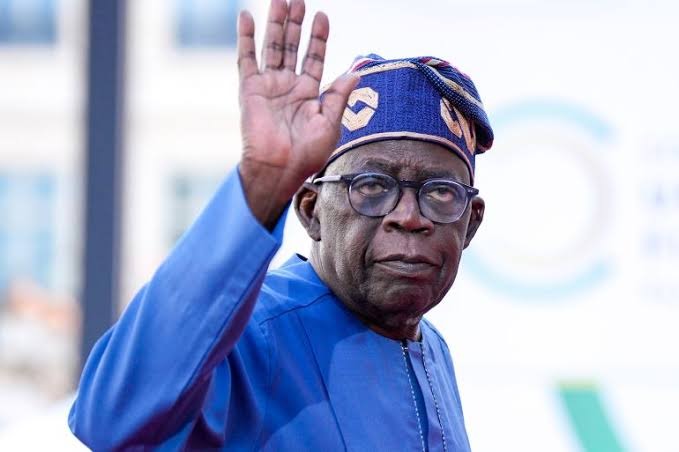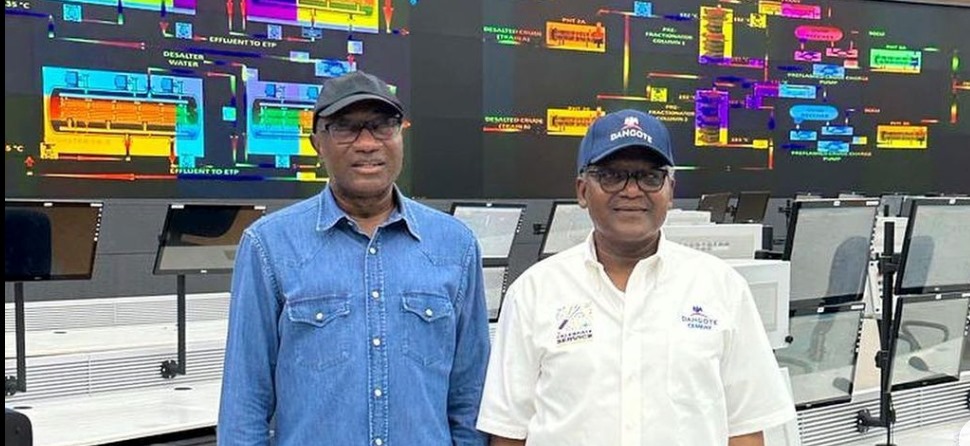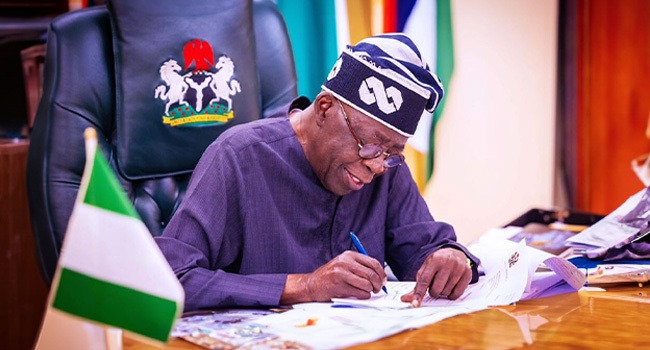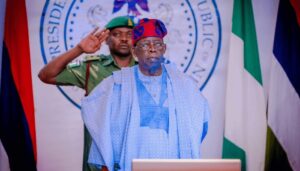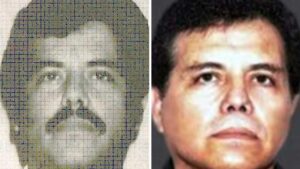President Emmanuel Macron has called for snap parliamentary elections later this month following a significant victory by his rival Marine Le Pen’s National Rally in the European Parliament vote. Exit polls indicate that the far-right party is set to secure 32% of the vote, more than double that of the president’s Renaissance party.
Announcing the dissolution of parliament, Macron stated that the two rounds of voting would occur on June 30 and July 7, just weeks before the Paris Olympics. He made this unexpected announcement in a televised address from the Élysée Palace an hour after the EU election polls closed and exit polls were released.
This decision followed a public call by National Rally’s 28-year-old leader, Jordan Bardella, for the president to call parliamentary elections. “I have heard your message,” Macron told French voters, “and I will not let it go without a response.”
“France needs a clear majority in serenity and harmony,” he added, emphasizing that he could not ignore the far-right’s progress across Europe.
Despite being just two years into his second term, Macron already lacks a majority in the French parliament. Although the European vote theoretically doesn’t impact national politics, he evidently felt that continuing his mandate without new elections would unduly strain the system.
The upcoming parliamentary elections won’t affect Macron’s presidency, as his term still has three years remaining. However, the move aims to secure a stable majority in parliament.
Marine Le Pen, who has been defeated twice by Macron in presidential elections, quickly responded, asserting that her party is “ready to exercise power, ready to put an end to mass immigration.”
Calling a snap election is a significant surprise for the country and a considerable risk for President Macron. He had alternative options for responding to the situation. He could have continued without drastic action, framing the far-right’s substantial victory as a temporary European anomaly that would be corrected in more crucial elections.
Macron might have relied on the upcoming European football championship in Germany and, more importantly, the Paris Olympics to divert public attention from politics for a few months. This approach was certainly what many in the Paris political scene anticipated he would take after his party’s defeat.
However, it appears the president had anticipated this outcome and had already planned his decisive response.
The election outcome closely mirrored the polls, giving President Macron ample time to weigh his options. The reality is that he faces a difficult situation. Without a parliamentary majority, passing any legislation in the National Assembly is already challenging. With the majority of the country now evidently against him, any new legislation, such as the upcoming budget, could become highly contentious.
Macron has opted for “clarity.” He believes that if the National Rally has the votes, they should be given the chance to govern. Naturally, the president hopes his Renaissance party can stage a comeback in the elections on June 30 and July 7, or that other parties will perform well.
However, he must recognize that the odds favor another victory for the National Rally. Even if not as overwhelming as Sunday’s result, it could still make them the largest party in parliament. This scenario could potentially lead to a Prime Minister Marine Le Pen or even Jordan Bardella.

